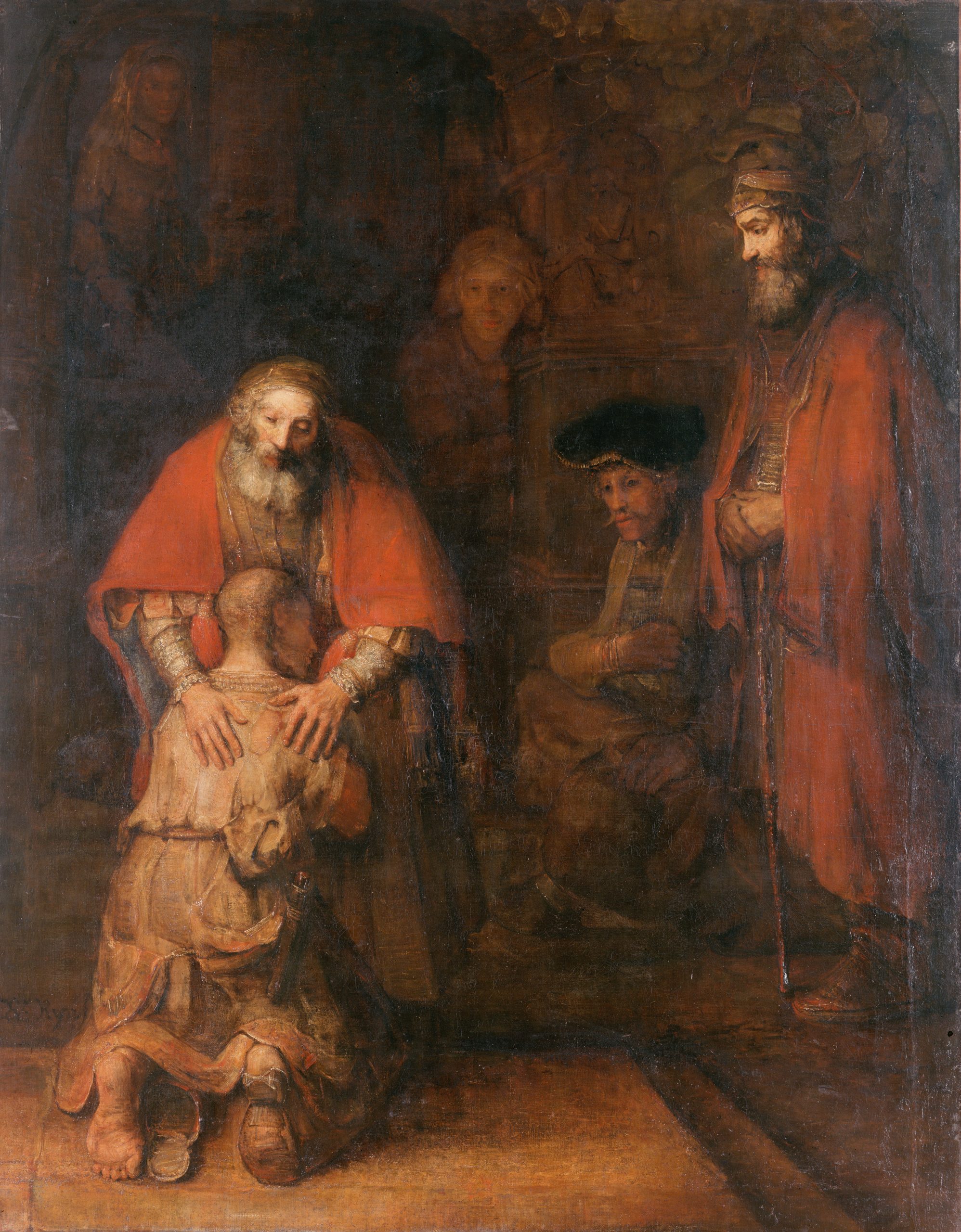This week I have been contemplating motivation. Why do I do the things that I do? Am I doing things out of fear, that if I fail to act in a certain way, I’ll be rejected? Do I act out of love because it brings self-fulfilment and by caring for others, the favour might be returned? Where do I act selfishly, ignoring God’s calling and seek my own pleasure? What are my motivations?
At our home group this week, we studied the story of the Prodigal Son. Most of us know it well: if you don’t, you can find it in Luke 15:11-32. The story itself is not about the Prodigal Son, rather, it’s a story of a Father and his two sons. Both of them had defective relationships with their Father.
One day the younger son approaches his father and asks for his inheritance early. He doesn’t want his dad, instead, he wants the gifts the father can give. He receives his inheritance early, takes his belongings and high-tails it out of there. He settles in another country and there, pursues happiness to the nth degree. He spends his money on a grand house, luxurious foods and prostitutes. Any piece of wisdom his father passed on to him is ignored. And the younger son chases every possible thing that could give him pleasure.
“Many attempts are made to produce joy: happy hours, receptions, and surprise parties are very common in our society. But are not such “productions” attempts to create an atmosphere in which we can forget the past and ignore the future for a few hours, while changing nothing in our basically sad existence? Much money and energy is spent trying to make people happy and relaxed by offering a moment of artificial bliss. This happiness is as contrived as the good meal given to a man on death row before his execution. It tastes good but does not keep him alive.”
Henri Nouwen, Lifesigns, 83-84.
In searching for pleasure, the younger son’s money ran out. He began to be in need, and even the slop he fed the pigs started to look tasty. He realised that the servants in his father’s household had better circumstances. He humbly returns, seeking not to return as a son, but as a servant.
Despite his rejection of the father, his dad runs to him, with arms wide open. He throws a party, kills the fattened calf and the household celebrates.
But the elder brother refuses to come in. He’s followed the rules, he’s milked the cow. He sowed the seed and reaped the harvest. Cared for his father’s household, because one day, it’ll be his. But everything he has done, is out of duty. He’s a rulekeeper, there’s no joy to what he does. He’s taken the high-road, he’s not a sinner: at least, not in his mind. He judges his younger brother for the external, visible sins and rejection of the father.
Little does the elder brother realise is that he too has rejected his father. He’s followed the rules, but it’s all for selfish gain. Where the younger brother repented for his external sin, the elder brother failed to repent of his internal sin: the motivations for his behaviour.
Fundamentally, both brothers didn’t have joy in their dad. They didn’t desire a strong, fruitful relationship with their father. That was their sin.
So this morning, I ask the following question: what are your motivations? As Christians, Jesus ought to be our motivation. Wholehearted devotion and desire. We are supposed to find joy in Jesus!
On Wednesday, after grabbing a coffee I began to hike down the Picnic Point escarpment. I started journeying towards Tabletop and as I began praying, I felt a deep joy well up from within me. I couldn’t help but sing, spread my arms out wide and feel utter elation to God as I walked. The following Keith Green song ran through my mind:
“Create in me a clean heart, O God. And renew a right spirit within me. Cast me not away from your presence, O Lord. Take not your Holy Spirit from me. Restore unto me, the joy of your salvation, and renew a right spirit within me”.
Keith Green, Create in Me a Clean Heart.
Where is this joy in our lives? Where is this joy for Jesus? Sometimes we can get caught up in the seriousness and piety of Christianity that we forget that Jesus experienced joy. He rose from the dead! That should give us joy!



Leave a Reply